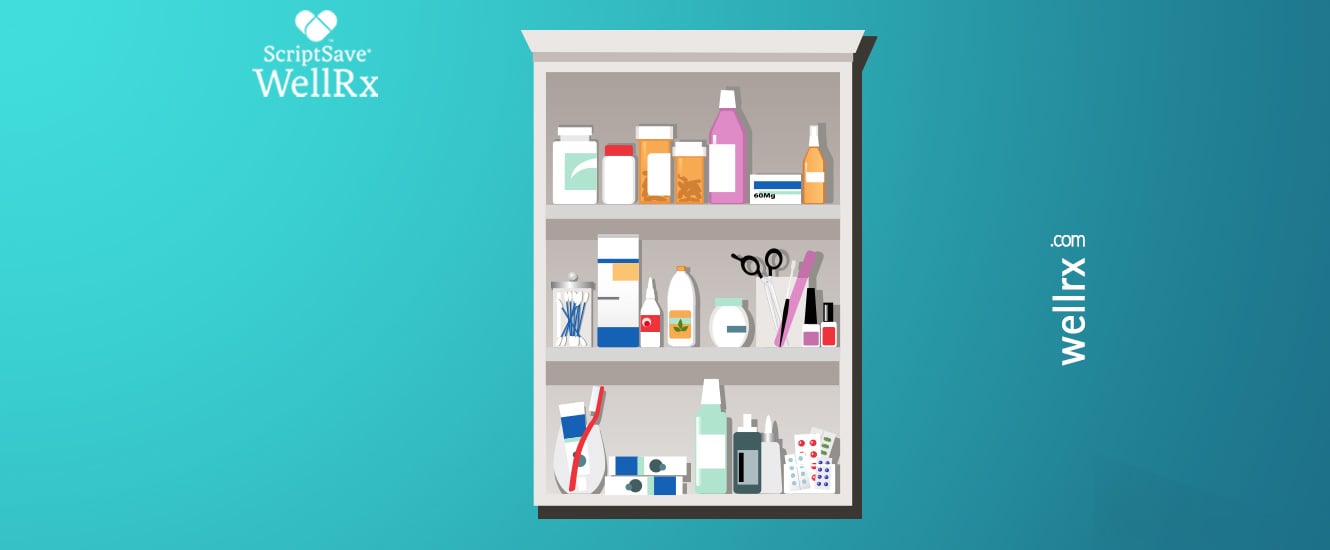Can you recall the last time someone asked you, “Is anything wrong?” and you answered with, “No. I’m fine” knowing very well that was not the truth? Do you wonder why you suffer in silence? Do you feel embarrassed that you might be the only one with stress-related problems?
Who Has Stress?
According to a 2019 Gallup Survey, more than 55% of people are stressed every day. Another survey found that 83% of US workers suffer from work-related stress. The Center for Disease Control and Prevention and the Occupational Health and Safety News estimates 75-90% of all doctor visits are related to stress. It’s okay to admit that you’re stressed. You are not alone.
Four Key Stressors
The four key stressors that need to be addressed are:
- mental and emotional stress
- blood sugar balance
- inflammatory balance, and,
- sleep cycle regulation.
Uncontrolled anxiety and depression lead to a dysregulation in your mood regulating chemicals, serotonin and dopamine. Poor diet choices can cause blood sugar disorders. Arthritis, allergies, and food sensitivities play into the inflammatory balance, and poor sleep cycle regulation can lead to stress as well. Understanding which stressor(s) apply to you will help identify areas that need to be addressed by you and your health professional.
What Should You Do Next?
Cortisol is the stress hormone that plays a role in our response to stressors. Improving a dysfunctional stress response can control stress-related disorders as well as reduce many other co-morbidities. Cortisol testing can identify your personal pattern of cortisol production, when, and how much it is produced throughout the day, and the amount of cortisol deactivating enzyme you have in your body.
How Can You Get Tested?
At home saliva and urine cortisol testing is easy and allows for multiple collections in a day. Saliva testing calculates active cortisol in the body as well as the Cortisol Awakening Response (CAR). It is suggested that CAR could anticipate demands of the upcoming day (stress anticipation) and could support coping with daily life stress. Saliva testing does not measure deactivated cortisol (cortisone) or the deactivating enzyme. Urine cortisol testing is able to evaluate active cortisol, cortisone, and the deactivating enzyme preference. However, it is not able to measure CAR. The best practice is to do both saliva and urine cortisone testing. This allows you to be able to measure all aspects of the stress hormone in your body throughout the day. If you express interest to your health professional, they can help interpret your results!
What Else Can You Do?
Light is one of the more powerful cues in the body for the balance of wakefulness and sleep. The brain requires 10,000 lux of light intensity for 30-60 minutes a day to understand that it is daytime. Without this intensity, your brain only sees gray. You can typically only achieve this intensity by going outdoors in the sun. You can check your current locations lux intensity using apps online such as MyLuxRecorder.
On the other hand, when your eyes see blue light from your phone or computer, it triggers your brain to stay awake. Eliminating blue spectrum from your eyes at least 2 hours before bed will allow you to maximize your sleep patterns. You can do this by turning on a filter on your device or wearing blue light filtering glasses. Doing these simple tasks during the day and before bed will optimize your circadian rhythm and can reduce stress related to a poor sleep-wake cycle.
References:
- https://www.stress.org/42-worrying-workplace-stress-statistics
- Guilliams, T. The role of stress and the HPA axis in Chronic Disease Management P. 80 2015
- https://www.circadiansleepdisorders.org/info/lux.php













 Store & manage your medication list
Store & manage your medication list Medication pricing updates
Medication pricing updates Pill & refill reminders
Pill & refill reminders Medication journal & mood log
Medication journal & mood log